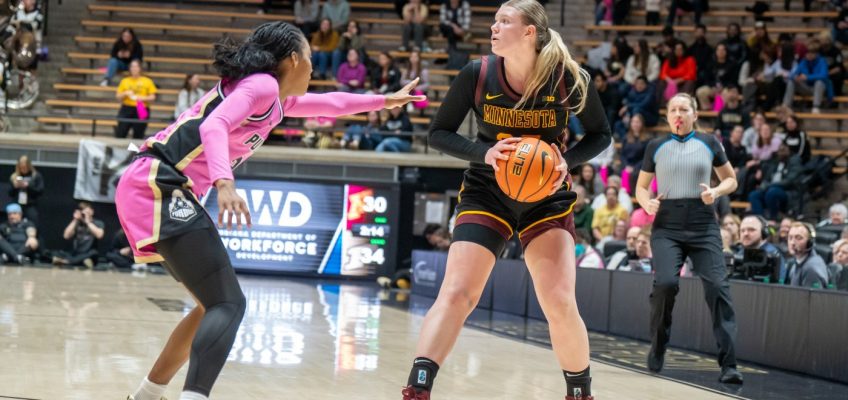DFL lawmakers from Eagan and Rochester are teaming up with Minnesota Attorney General Keith Ellison again for a bill that would set aside money to buy, then forgive, Minnesotans’ medical debt.
Last week, Sen. Liz Boldon of Rochester introduced the Minnesota Medical Debt Reset Act in the state Senate. Rep. Liz Reyer of Eagan sponsors the House version of the bill.
“Medical debt isn’t like other types of debt,” Boldon said in an announcement from Ellison’s office. “No one chooses to have an extended stay in a hospital. No one plans on having their appendix burst or having a heart attack. Medical expenses shouldn’t be treated like a loan for a business. It doesn’t have to be this way.”
The bill would set aside $5 million from the state’s general fund. That one-time allocation would then be used to purchase, at a discount, an estimated $500 million in medical debt from 250,000 to 400,000 Minnesotans. Those debts would then be forgiven.
“When passed, this bill will be a win for struggling Minnesotans who didn’t choose to get sick and who didn’t ask for the debt that came along with that,” Ellison said. “It will support our hospitals by helping them fulfill their commitment to community well-being, while also getting uncollectable debt off their balance sheets. And at a time when the politics of cruelty are on full display in the White House, it will be a beacon that Minnesota’s commitment to helping our neighbors remains as strong as ever.”
Along with the Minnesota Attorney General’s Office, the Minnesota Medical Debt Reset Act was crafted in partnership with Undue Medical Debt, a nonprofit. The one-time $5 million allocation would be granted to Undue Medical Debt to buy Minnesotans’ medical debt.
“Undue Medical Debt works with (health care) providers and commercial debt buyers on the secondary market to purchase that uncollectable medical debt in bundled portfolios for pennies on the dollar, then erases it,” the announcement states. “On average, $1 is able to relieve up to $100 in medical debt.”
If the bill becomes law, Minnesotans will not directly apply for debt forgiveness — Undue Medical Debt would verify Minnesotans’ eligibility for medical debt relief. To qualify, a person must either have medical debt equal to or above 5% of their household income, or have a household income at 400% of the Federal Poverty Guidelines or lower.
“Minnesotans who qualify for debt forgiveness will receive Undue Medical Debt branded letters out of the blue in the mail notifying them that some or all of their debt has been erased,” the announcement states.
The newly introduced bill follows 2024’s Minnesota Debt Fairness Act, also authored by Boldon and Reyer. That legislation, signed into law by DFL Gov. Tim Walz last June, made several changes, including a requirement that health care providers cannot withhold medically necessary care from a patient due to their outstanding bills.
The Minnesota Medical Debt Reset Act mirrors the city of St. Paul’s Medical Debt Reset Initiative, which began last year. Also working with Undue Medical Debt, the city is using $1.1 million in American Rescue Plan funding to forgive medical debt for qualifying city residents. So far, St. Paul has relieved 32,000 residents of $40 million in medical debt.
A 2022 Rochester Post Bulletin investigation into Mayo Clinic’s financial assistance, or charity care, practices found that some patients were sued over their unpaid medical bills, despite meeting the criteria to receive discounted or free care. That prompted a new state law that requires nonprofit hospitals to check a patient’s eligibility for charity care before sending their debt to collections.
In 2023, in addition to giving $57.8 million to patients through its charity care program, Mayo Clinic also wrote off almost $90 million of patients’ unpaid bills as bad debt, according to the health system’s tax filings.
Related Articles
Lutheran Social Services of Minnesota laying off 27 after Trump suspends refugee program
Minnesota Capitol bill would bar copper-nickel mines within BWCA’s watershed
Minnesota GOP files first petitions aimed at unseating DFL House members
Trial for alleged ringleader in $250M Feeding Our Future fraud scheme begins
Rebecca Noecker to serve as St. Paul City Council president after Mitra Jalali steps down




